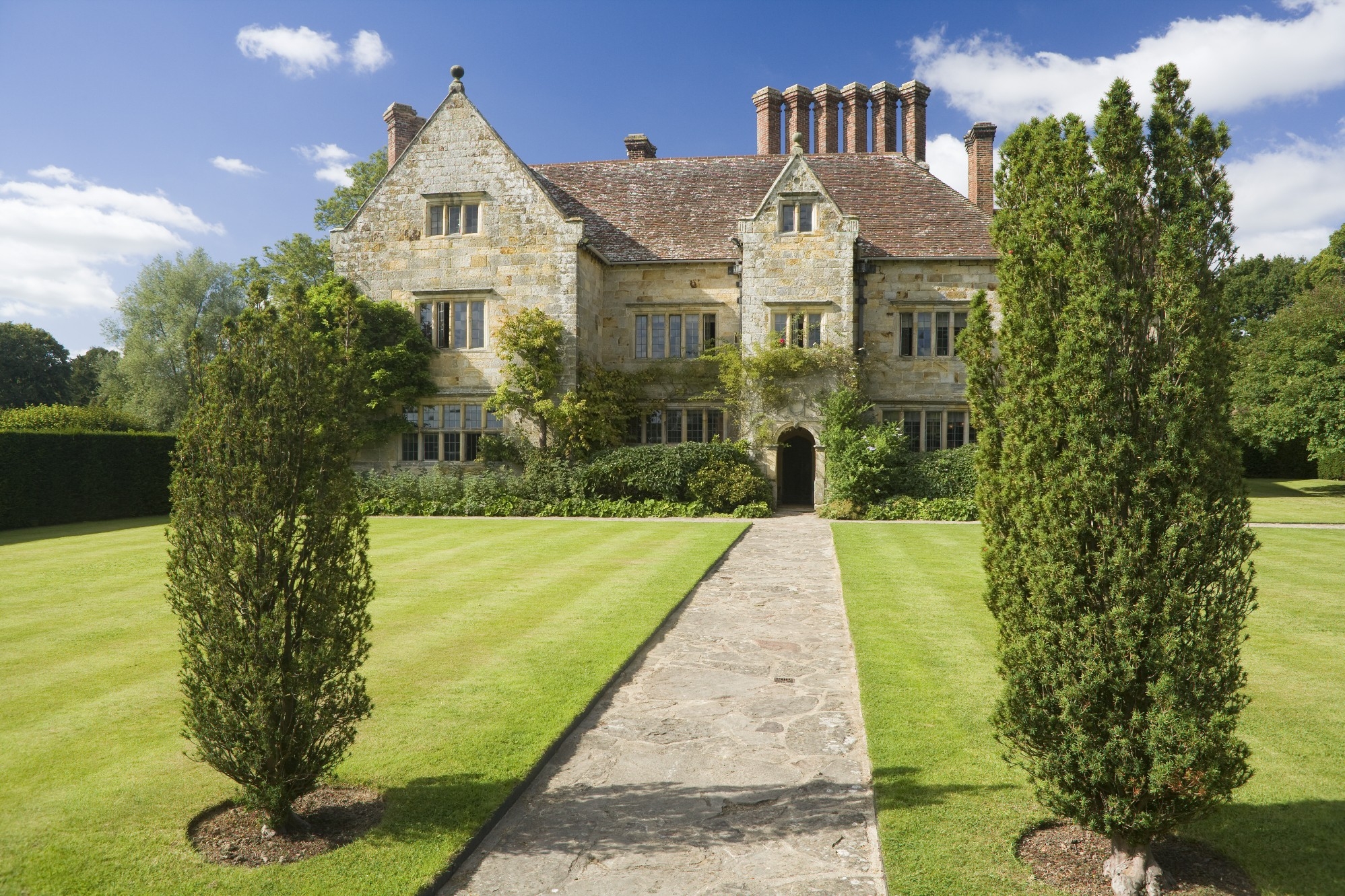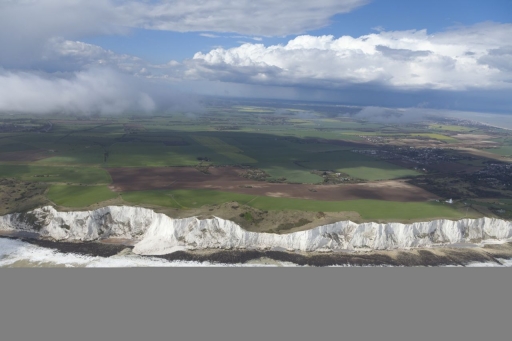The National Trust is inviting people to mark the Centenary of the start of the First World War by joining silent walks of remembrance at 23 of the historic houses and sites in its care across England and Wales.
‘There were our own / there were the others’ is a project conceived by the Edinburgh-based artist and poet, Alec Finlay, as a contemporary act of remembrance for all those affected by conflict during the past 100 years.
The walks will be taking place throughout the summer of 2014, starting on 17th June at Killerton House & Gardens in Devon and concluding on 30th August at the White Cliffs of Dover, one of England’s most famous landmarks.
Two poems will be read at each event and, where possible, poppy seeds scattered and a book installation left as a memory of the walk.
Alec Finlay says each generation must find its own way of remembering: “As wars themselves have altered in catastrophic ways, shifting from fixed front-lines to the city streets, affecting soldiers and innocent civilians alike, so the events that we are marking have altered, and we must discover new ways to recognize this.”
The venues include Bateman’s, author Rudyard Kipling’s home in East Sussex, and Dunham Massey, one of many British country houses converted into hospitals for injured soldiers during the First World War.
 Bateman’s in Burwash, East Sussex (©National Trust Images/John Miller)
Bateman’s in Burwash, East Sussex (©National Trust Images/John Miller)
Kipling, who lost his son John at the Battle of Loos in 1915, chose the inscription ‘Their name liveth for evermore’ for the Stones of Remembrance that are a feature of the Commonwealth War Graves Commission’s cemeteries.
The poetry chosen for ‘There were our own / there were the others’ includes works by Alice Oswald, Pablo Neruda, Paul Celan, Mamhoud Darwish, George Oppen, Bertolt Brecht and Susan Tichy.
Poet Ken Cockburn will guide the walks and hosts chosen by each venue will share local experiences of conflict.
Tom Freshwater, National Trust Contemporary Art Programme Manager says: “All of the places taking part have strong links to armed conflicts from the last 100 years.
“By giving voice to first-hand experiences of war over this period, drawn from many countries and cultures, it is possible to see a common humanity across all the suffering and loss experienced by so many.”
The poems and biographies of the featured poets are available to read online.
The walks are free to attend but booking is essential. Details of all the dates in June, July and August 2014 can be found here.
Information and images supplied by the National Trust
Posted by: Peter Alhadeff, Centenary News
